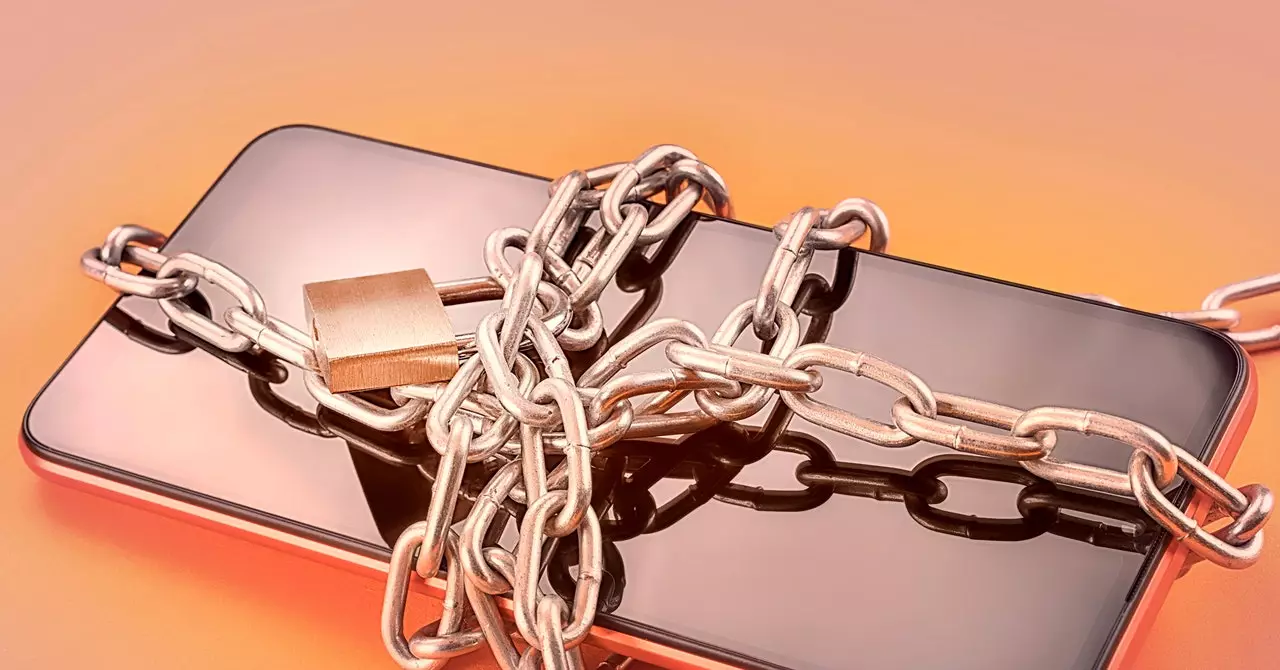The debate surrounding mobile phone unlocking policies is gaining momentum in the United States, spurred by recent regulatory proposals. T-Mobile and AT&T are at the forefront of this discussion, arguing against new Federal Communications Commission (FCC) regulations that would require carriers to unlock devices within 60 days of activation. The proposed changes have sparked significant backlash from major carriers, who assert that such regulations could lead to unintended consequences that negatively impact consumers. In this article, we will dissect the implications of these policies, explore the arguments presented by both sides, and consider the overall impact on the mobile market.
T-Mobile, in particular, has raised concerns that a uniform unlocking policy could ultimately diminish the variety and affordability of handsets available to consumers. In their submissions to the FCC, the company posited that locking phones is a fundamental strategy that enables carriers to offer lower upfront costs for devices. By preventing customers from switching carriers easily and integrating subsidies into long-term contracts, providers claim they can afford to subsidize more advanced devices. T-Mobile emphasized that a 60-day unlocking requirement could lead to a significant reduction in device subsidies, with estimates suggesting that customers on prepaid plans could face cuts of up to 70% on both mid-range and high-end devices. Critics of T-Mobile’s policies, however, argue that these claims are primarily self-serving and do not necessarily align with consumer interests.
On the other side of the argument, consumer advocacy groups support the proposed unlocking policy, stating it would empower users with greater agency over their mobile devices. Unlocking a phone allows consumers to switch carriers without having to purchase a new device, fostering an environment where competition can thrive and prices can lower. The FCC has previously criticized T-Mobile’s extended locking periods, citing the increased difficulty consumers face when trying to switch providers. Proponents of a standardized unlocking policy contend that consumers should not be limited to one provider based on the timeframe dictated by their carrier.
Jessica Rosenworcel, chairwoman of the FCC, has been vocal about her commitment to customer rights, emphasizing the fundamental ownership customers should have over their devices. “You bought your phone, you should be able to take it to any provider you want,” she stated. This sentiment echoes a growing desire among consumers to have their rights acknowledged in a rapidly evolving tech landscape.
The backdrop for these discussions dates to the FCC’s Notice of Proposed Rulemaking (NPRM), which passed with a 5–0 vote. This regulatory step represents a significant shift in how mobile service providers might manage unlocked devices moving forward. T-Mobile’s response to the NPRM included claims that the agency lacks the authority to impose such a requirement, denoting a possible clash of interests between regulators and carriers.
The complexities surrounding locking periods are further compounded by the variations in policies between different service providers. For example, T-Mobile has been criticized for extending its locking period for certain brands, increasing the time consumers must wait to gain the freedom to switch carriers. In stark contrast, some carriers have more lenient policies, allowing unlocking to occur almost immediately after purchase.
As the FCC considers public commentary on the proposed rule, determining the balance between consumer rights and carrier business models will be paramount. Both T-Mobile and AT&T’s arguments highlight essential concerns about device affordability and market competitiveness, yet they also raise the question of who should truly benefit from unlocking policies: the consumers or the providers.
Moving into the future, the resolution of this debate deserves careful scrutiny from all stakeholders, including consumers, providers, and regulators alike. The stakes are high, as the outcome of these deliberations will not just affect current consumers but will shape the mobile market landscape for years to come. As these discussions unfold, it’s vital for regulators to remain open to the nuanced perspectives of consumers while retaining the flexibility needed for carriers to innovate, ensuring that both parties can achieve a fair and sustainable solution.

